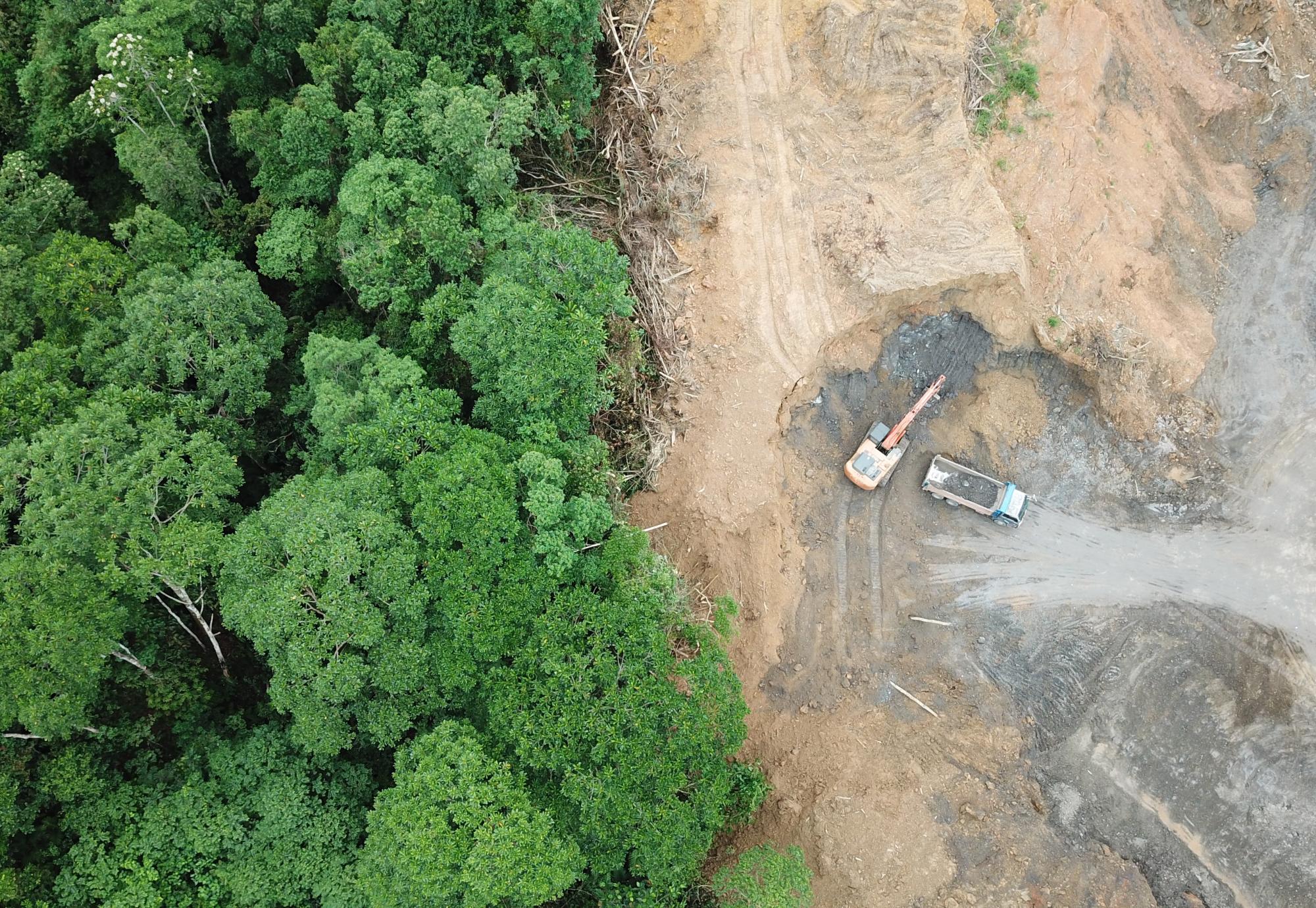The Department for Environment, Food and Rural Affairs (DEFRA) has today (Aug 25) published plans to take tougher action on illegal deforestation and further protect rainforests, with consultation on a ‘world-leading’ law to clean up the UK’s supply chain.
Proposals would mean that larger businesses working in the UK would be prohibited from using products grown on illegally deforested land. Due diligence on their supply chains would be a requirement from businesses, with information needed proving the origin of key commodities such as cocoa, rubber soy and palm oil.
If these businesses were unable or unwilling to do so, fines would be issued, with the precise level yet to be set.
Deforestation accounts for 11% of global greenhouse gas emissions, making it a key factor in the fight against climate change.
80% of deforestation is caused by the production of agricultural commodities, and up to 90% of deforestation in some countries is illegal.
The move aims to protect natural ecosystems which can help to decrease the risk of extreme weather events, biodiversity loss and the spread of infectious diseases.
International Environment Minister Lord Goldsmith, said:
“We have all seen the devastating pictures of the world’s most precious forests being cleared, often illegally, and we can’t afford not to act as a country. There is a hugely important connection between the products we buy and their wider environmental footprint, which is why the government is consulting today on new measures that would make it illegal for businesses in the UK to use commodities that are not grown in accordance with local laws.
“Ahead of hosting the UN Climate Change Conference next year, the UK has a duty to lead the way in combatting the biodiversity and nature crisis now upon us.
“There has been a lot of progress already to make the UK’s supply chains more sustainable, but more needs to be done. We will continue to work closely with farmers, business and governments around the world to ensure that we can protect our vital forests and support livelihoods as we build back greener from coronavirus.”



















